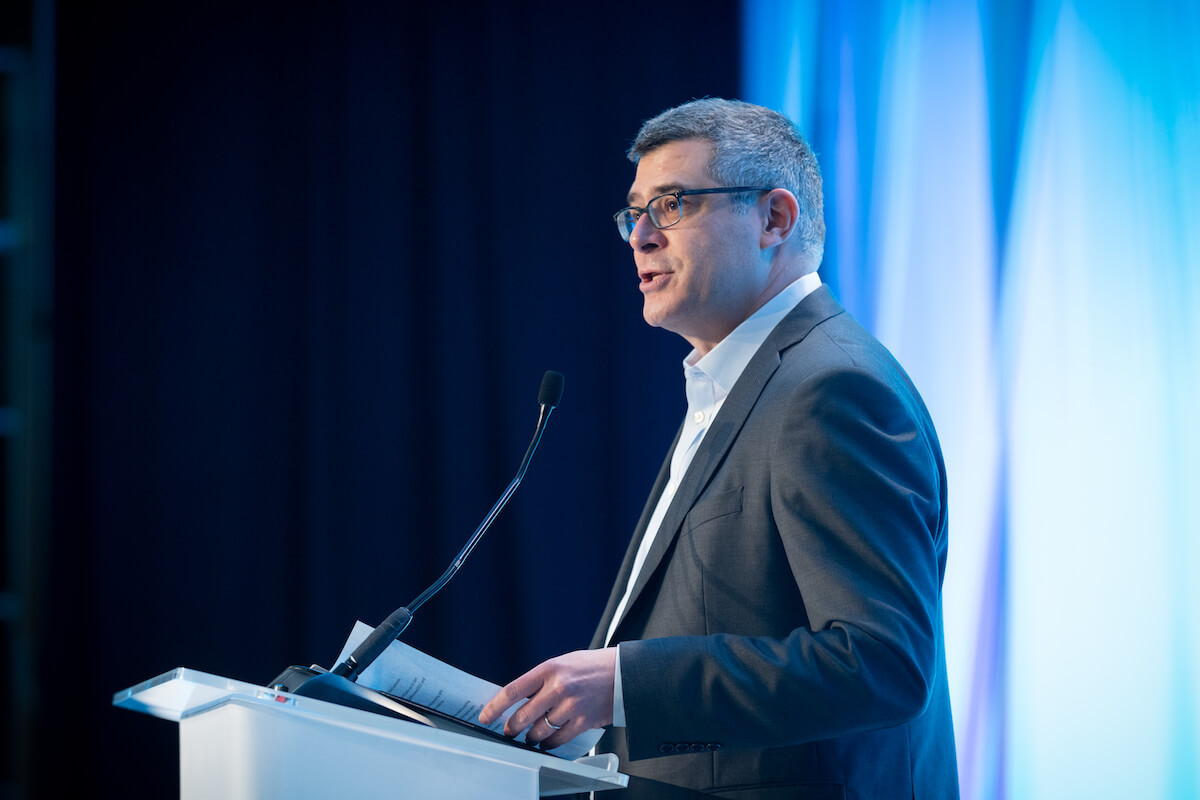ImpactAlpha, November 21 – Arlan Hamilton launched Backstage Capital in the U.S. four years ago to get more venture capital dollars flowing to women and under-represented entrepreneurs. Thea Messel is bringing Backstage Capital’s model to Europe.
The Copenhagen-based fund manager’s firm Unconventional Ventures raised a €125,000 micro-fund to make small but early investments in startups led by female, LGBTQ, immigrant and founders of color. (Familiar statistics: 88% of the €2.3 billion in venture capital in the Nordic startups went to all-male founding teams.) Unconventional Ventures has invested in seven companies.
Its micro-fund was backed by 60 investors, including Hamilton, who is also an advisor to the fund. Some of the fund’s backers cut checks as small as €500.
Current portfolio
Unconventional Ventures has invested in music “stock exchange” Riteband; Boost Thyroid and Progress Me, online support communities for people with autoimmune conditions and eating disorders; media diversity analytics tool Ceretai; social networking app Panion; surplus produce marketplace Grim; workplace equality insight platform Equality Check.
Deal flood, capital drip
Messel told European startup publication Sifted that finding companies to invest in has been easy: “I get so much inbound.” Messel cut back the size of the first fund due to difficulty fundraising. (Hamilton faced similar first-time fundraising challenges. See, “Arlan Hamilton: The VC taking cold calls from underestimated entrepreneurs”.)
Ahead of the curve
Unconventional Ventures is among a growing number of firms applying a gender investing lens, including Borski Fund in the Netherlands and Aruwa Capital and Alitheia IDF in Africa most recently. (Also see, “Gender-Smart Investing: More than two dozen new funds investing with a gender lens”.) It stands out for its application of other diversity lenses, which is a more noticeable trend in the U.S. than elsewhere.











